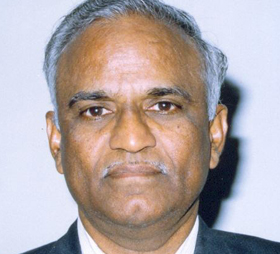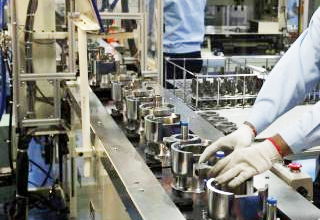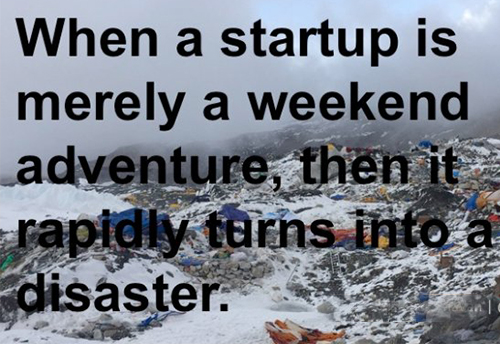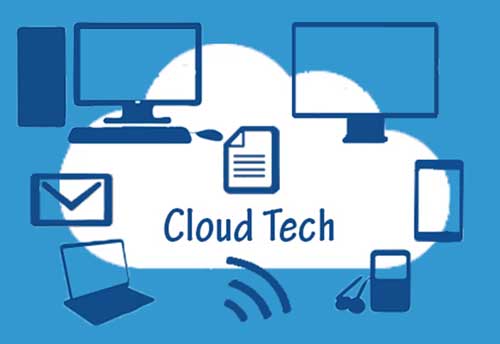MSME Credit on the Banks’ Radar Again: Proportionate Regulation helps
Updated: Jul 12, 2018

MSME Credit on the Banks’ Radar Again: Proportionate Regulation helps
Huge NPAs in corporate sector of the order exceeding Rs.10trillion and the increasing credit outflow for MSMEs from the NBFCs, on the verge of taking away the meat our of the portfolio have woken up the commercial banks to lend to this sector more responsibly. Banks like SBI, Canara Bank, Indian Bank, Syndicate Bank, and PNB are in the lead while the others are still in wait and watch approach. This context demands an inquest of the present status. Definition of the sector matters when we want to measure the MSME credit growth.
SIDBI defines MSMEs having credit outstanding of less than Rs.1cr as micro; 1cr-25cr as small and Rs.25cr-100cr as medium and beyond Rs.100cr as large for measuring credit growth while the MSME Development Act 2006 defines manufacturing MSMEs by way of investment in plant and machinery as of now: Less than Rs.25lakhs as micro; Rs.25lakhs-500lakhs as small; and Rs.500-1000lakhs as medium. An amendment is awaiting Parliament’s nod for changing the measure to turnover to make the sector ‘globally’ competitive and investment friendly. The new definition keeps micro enterprises at Rs.5cr annual turnover. SIDBI’s analysis follows neither the impending change nor the existing pattern for analyzing the MSME credit growth.
MSME Pulse April-June 2018, an arm of SIDBI measures growth in the sector by credit exposure mentioned above: MSME with a portfolio of Rs.12.6trn is pitched at 22.2% for micro and 12.8% for small Y-o-Y at the end of March 2018. Medium and large industry has recorded 7.2% and 5.9% correspondingly. The market share of new private banks and NBFCs has been growing at 30% and 10.9% respectively. NBFCs are now permitted the CGTMSE cover as well and this measure would see further growth in lending by these enterprises.
RBI Bulletin June 18 puts the micro and small, medium (as defined under MSMED Act) and large enterprises’ credit growth Y-0-Y at 1%, 0.3% and 3.6% respectively while in the financial year so far (up to end April), -1.8%,-2.7% and -0.9% correspondingly. Manufacturing enterprises under micro and small segments registered just 0.3% Y-o-Y reflecting the poor risk perception of the banks of these enterprises. Viewing from the risk perspective, even according to MSME Plus, NPAs of micro enterprises have been stable and range bound at 8.8% while for SME segment it is 11.2%. NPAs of MSMEs have a cascading effect of the NPAs in the corporate sector to which they act as vendors.
The Corporate entities issue cheques for the bills payable to the MSMEs before the last date of the quarter only to ask them not to present during the first week of the following month lest their order book shrinks. This measure will help conformance to the rule that above Rs.2lakhs dues to the MSMEs should be reflected in their quarterly balance sheets. No MSME can complain openly as they are in captive markets.
Most of the PSUs and Government departments do not honor the bills on time and the MSEs approaching the MSE Facilitation Council gets hardly a reprieve. The lender is a government owned bank; the defaulter is a government department or PSU; the arbitrator is a Government Executive. With such deep rooted conflict of interest, the MSEs hardly got justice. Even the disputed claims are not followed up with deposit of 75% of the amount settled by the Council. Even if deposited such amount would be in the Court but would not go for credit of the judgment debtor MSE that is reeling under NPA. Banks left with no option are proceeding under SARFAESI Act provisions even against the only dwelling house of the entrepreneur. They hardly have capacity and financial muscle to fight legally. Many capable of producing to capacity close their shutters prematurely.
Trade related electronic discounting system (TReDS) has on board only 34 PSUs. Several Government departments are yet to register on the exchange. This is a platform created for facilitating payment of 75% of the bill amount traded through this exchange for MSMEs that also register on the exchange and sell their goods to the registered members. Only a few banks registered on the exchange. Several state run firms did not register on this exchange. To swear by this instrument as a big boon to MSMEs will be unrealistic.
Banks have not been putting their Board approved policy on their websites either for MSME lending or OTS or Revival and Restructuring. Banks are also reported to be charging huge penalties at no less than 18% p.a., on irregularities in the accounts and collecting inspection charges for inspections they rarely did. So is the case with SME Exporters. Banks have been mandated in June 2016 itself to set up zonal committees to ensure conformance to put in place corrective action plan, revival and restructuring and as a last resort recovery. But these instructions are sparingly implemented. The recent amendment to NPA recognition at 180days is hard to implement as the systems do not allow.
In the current environment of trust deficit, proportionate regulation by the RBI should help. RBI should move away from its stance of distancing from micro management since banks are failing the MSMEs. They levy inspection charges for visits to the units that were not made; debit interest and penal interest on the overdue amount fully knowing that the account became overdue not because of willful default but due to the cascading effect of the corporate NPAs. RBI should therefore prescribe boundaries of penalties for the irregular accounts; charges on forex dealings; modifying the IRAC norms and better monitoring of the revival and restructuring processes. Instances are staring at us where the proprietor or proprietrix falling terminally sick and unable to run the industry seeks exit but has no exit route. Government of India would do well to amend the SARFAESI Act 2002 provisions exempting the only dwelling house offered as collateral and not recognizing collateral going concurrent with the CGTMSE thresholds on par with the agricultural lands.
*The Author is Adviser, Government of Telangana, Telangana Industrial Health Clinic Ltd., The views are personal.








 Loading...
Loading...





COMMENTS
What is the time taken to register an MSME?
Hello Rajiv Sharma, please write us mail about it on newsdesk@knnindia.co.in , our officials will reply soon.
Sir, can we use your article in our monthly bulletin in your name for the wider dissemination of the same. Thanks All India Federation of Plastic Industries, New Delhi
This is the case with several non-wilful defaulters. This is the reason for seeking proportional regulation. Ministry of MSME, GoI and RBI should ensure such regulation is put in place so that the single dwelling house is mandated for exclusion as collateral security on par with agricultural lands.
Who will regulate? DRTs ? Or DRATs where are banking disputes are heard at. The POs getting salary from finance department i.e from bankers side, their offices are run in banks. Borrowers are not heard at all. I myself suffered a lot, banks are not ready to listen to any RBI guidelines. I lost my single dwelling house, my two factories, not wilful defaults. Needed restructuring or relaxed time to repay. Bank butchered my lifetime earnings, my reputation and I was put on road with my family. My counter claims never heard by PO , no RC was issued and yet my assets were sold. Whatever reforms will take place Banks will act according to their wish and will. Even High court thinks all borrowers are thieves and will listen only to banks.
Who will regulate? DRTs ? Or DRATs where are banking disputes are heard at. The POs getting salary from finace department i.e from baners side, their offices are run in banks. Borrowers are not heard at all. I myself suffered a lot, banks are not ready to listen to any RBI guidelines. I lost my single dwelling house, my two factories, not wilful defaults. Needed restructuring or relaxed time to repay. Bank butchered my lifetime earnings, my reputation and I was put on road with my family. My counter claims never heard by PO , no RC was issued and yet my assets were sold. Whatever reforms will take place Banks will act according to their wish and will. Even High court thinks all borrowers are theifs and will listen only to banks.